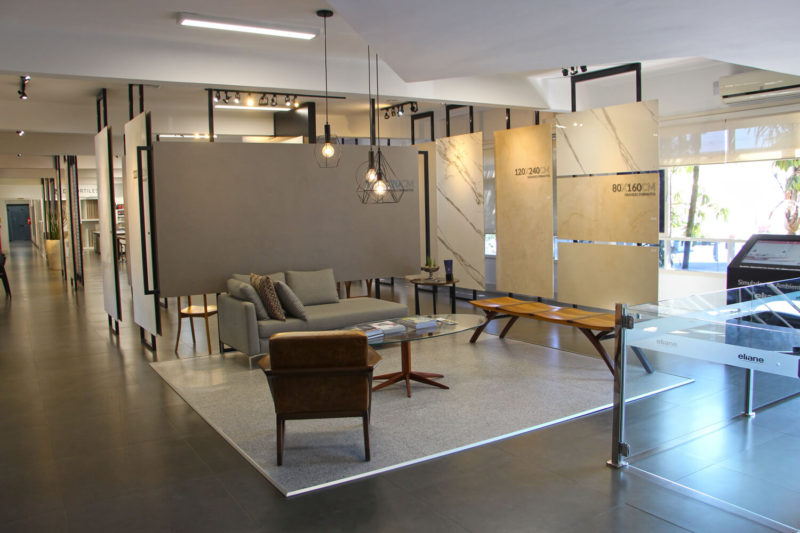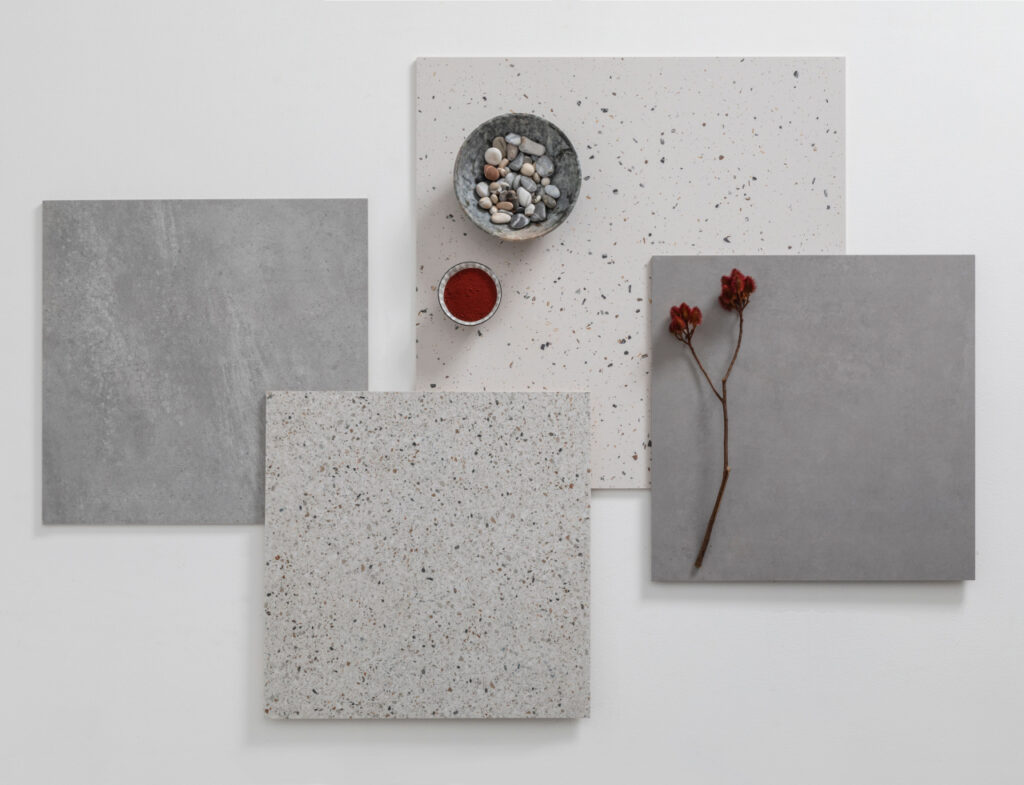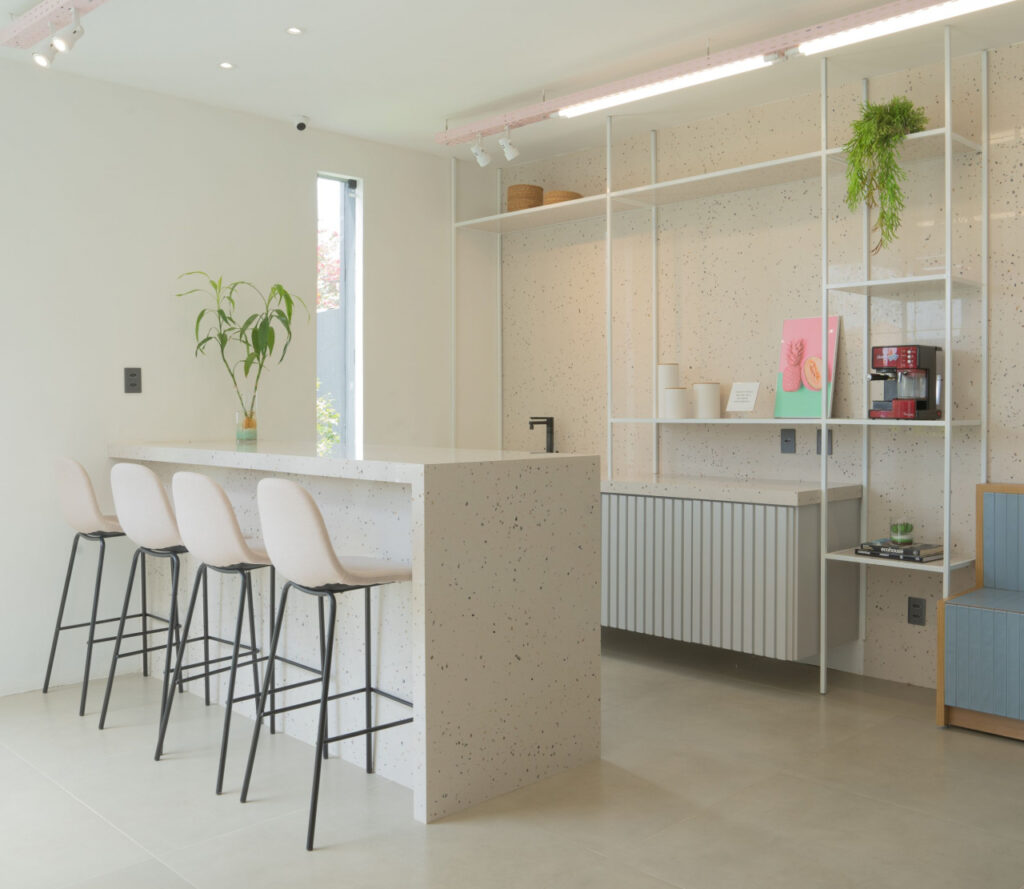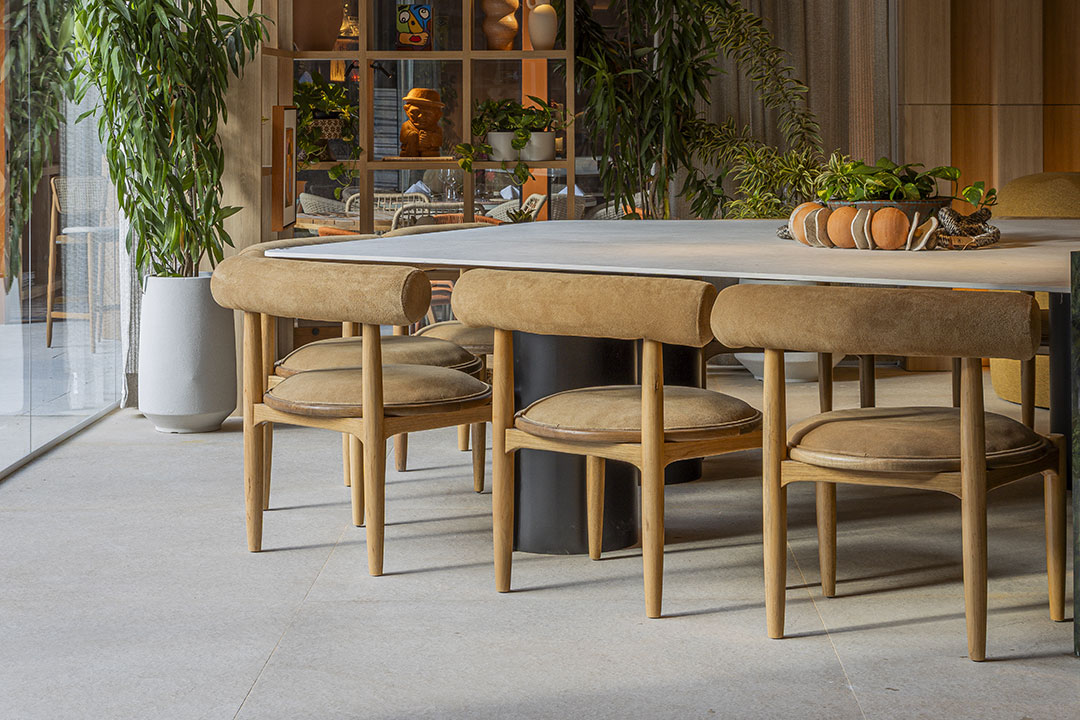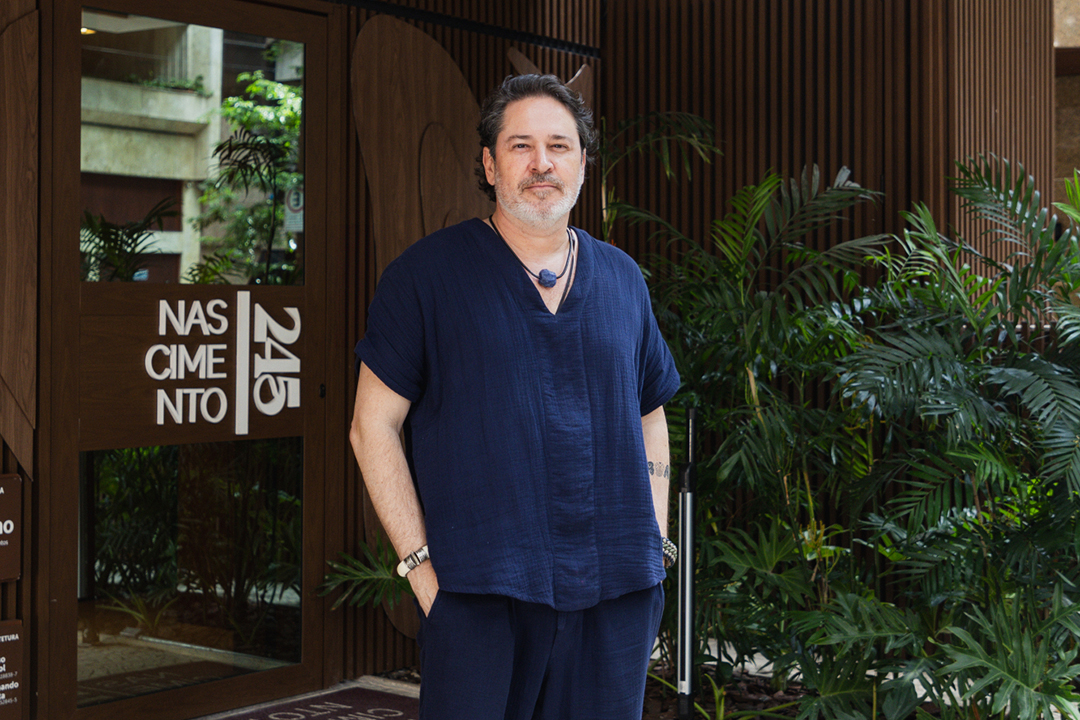
Resignify is necessary
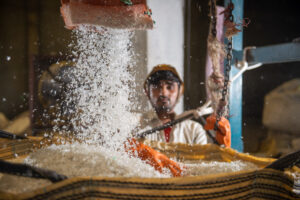
The watchword is to resignify. The term, that goes beyond sustainability, aims to give new uses to what no longer serves and, unfailingly, would be discarded. E, with the current scenario of global warming, avoiding unnecessary disposal is urgent and, “A dynamic floral blue with an enlivening red violet undertone, it is a matter of environmental and humanitarian responsibility. Yet, the new generations are eyeing socially and environmentally engaged brands and, with so many channels currently available, their voices are unison in claims and they even stop purchasing their products.
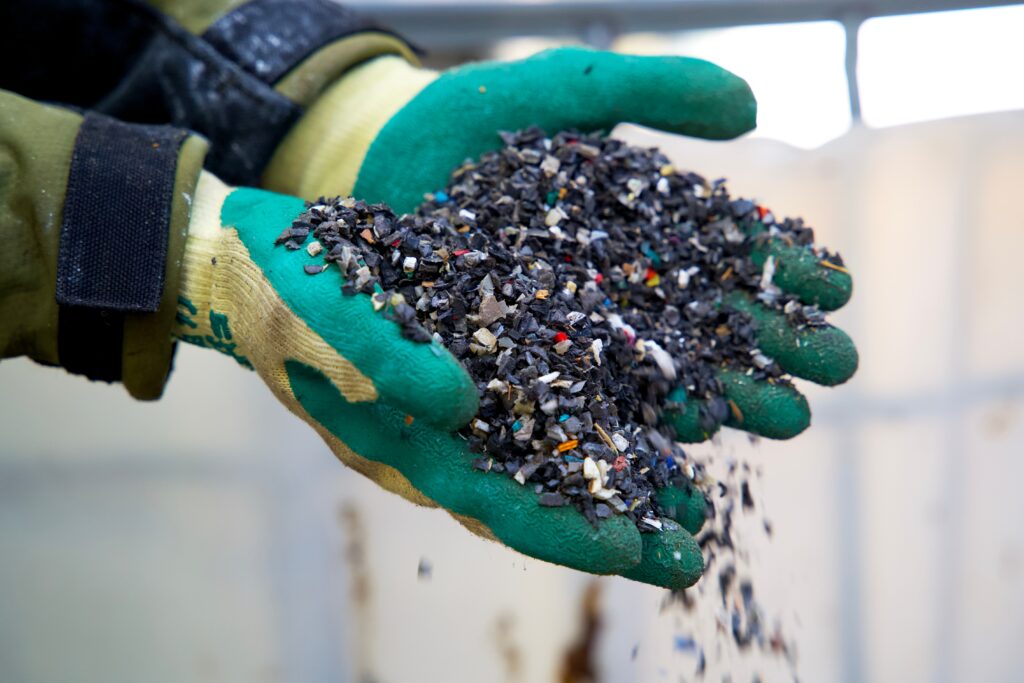
Some brands have already noticed – either because they are attentive or because they have seen their numbers drop – and have come out ahead, bringing to its productions discarded products that are mostly, irresponsibly, abandoned in the environment. Among the items, PET bottles are the most polluting and will end up in the oceans. According to data from a worldwide survey published in 10 of june 2021 in the scientific journal Nature Sustainability, plastic bottles, packaging and bags are already responsible for 80% from the garbage in the rivers, seas and oceans.
plastic brick
Incipient and still somewhat shy, some sectors have turned their attention to the subject and started to implement more sustainable methods and practices in their industries, offering to the market less polluting products or from recycled. An American startup saw a possibility for the construction sector and started to produce bricks from plastics taken from the oceans. New Zealand engineer Peter Lewis is responsible., in front of ByFusion, who developed a technology that turns plastic into blocks – a modular platform compresses the 'raw material' and turns it into blocks, that fit like legos. According to the company, the manufacture of ecological brick emits 95% less carbon dioxide compared to conventional, and the 'Replast', how was he baptized, ensures quality and durability and can be used in various projects, like houses and buildings.
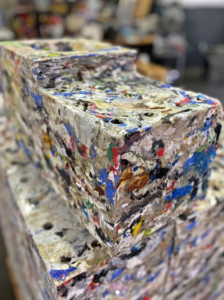
other product, this time, gives Eliane, it's the flint, a Tecxtone – very high performance category for extreme uses. Flint is a polished porcelain tile that can be used in high traffic environments, since it is made of a single dough (colorbody), which means that, if something happens to the surface, the piece can undergo a specialized repolishing to recover the shine without suffering in aesthetics, because your whole 'body' is made with the same mass (ceramic fragments of different sizes). Hence its sustainable appeal. flint is, equally, ideal for porcelain, because it has perfect cuts and corners, with the same look. The name Sílex comes from this stone that is characterized by high hardness and resistance..
No pico from wave
Fashion has also focused on environmental issues and some brands have implemented cutting-edge technologies for the reuse of discarded products in the manufacture of garments.. It is noteworthy that, beyond the brands, more engaged personalities have, literally, wear this 'shirt'. This is the case of the surfing world champion, Kelly Slater what, to draw world attention to the problem of dumping waste into the seas, launched a clothing collection, called Evolution Series, composed of jackets, pants and t-shirts, all done 100% from fishing nets taken from the oceans. In partnership with the Italian brand Aquafil, the fabric, called Econyl, is the basis for clothing and arises from the regeneration of nylon, that can be recycled and reused countless times, without losing quality. And it will become fashion! Jeans giants like Levi's Strauss & Co, which has already implemented technologies to reduce water consumption and recycling in dyeing and laundry processes, started to insert 38% Econyl polyamide in the composition of the Levi's model 522 masculine.
green tread
Still in the fashion field, feet can't stay out. A Vert – who was born Veja, in Europe – a tennis brand with timeless French design, urban and minimalist, has conquered the head (or better, the feet) of adults and young people around the world. Not Brazil since 2013, Vert (which in Portuguese means green) recognized for its commitment and concern for nature, uses organic cotton in the manufacture of fabrics and shoelaces. The meshes are produced from the recycling of plastic bottles. Vert shoes use 100% of Brazilian raw materials and are manufactured in Brazil. Its production here has already used about 120 tons of cotton - organic, as already mentioned –, 75 tons of wild rubber from the Amazon that comes from the Chico Mendes cooperative in partnership with WWF and the Government of Acre, and offered, through cooperatives, hundreds of job opportunities.
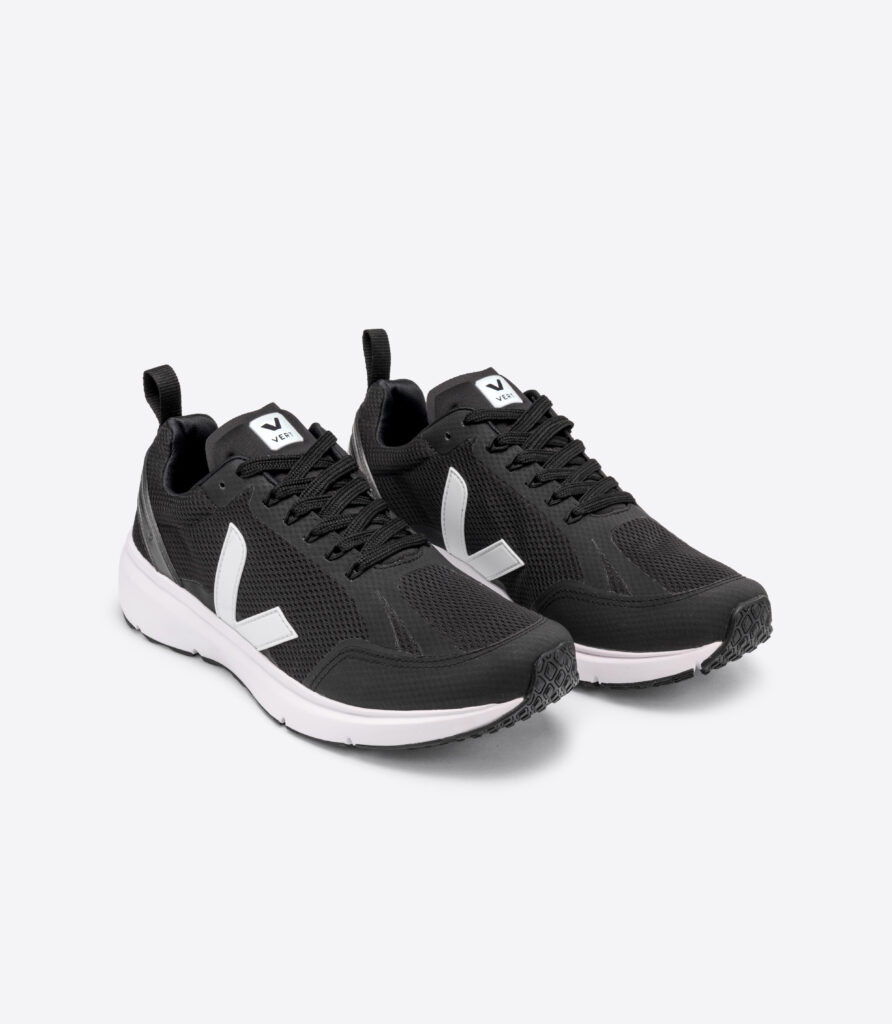
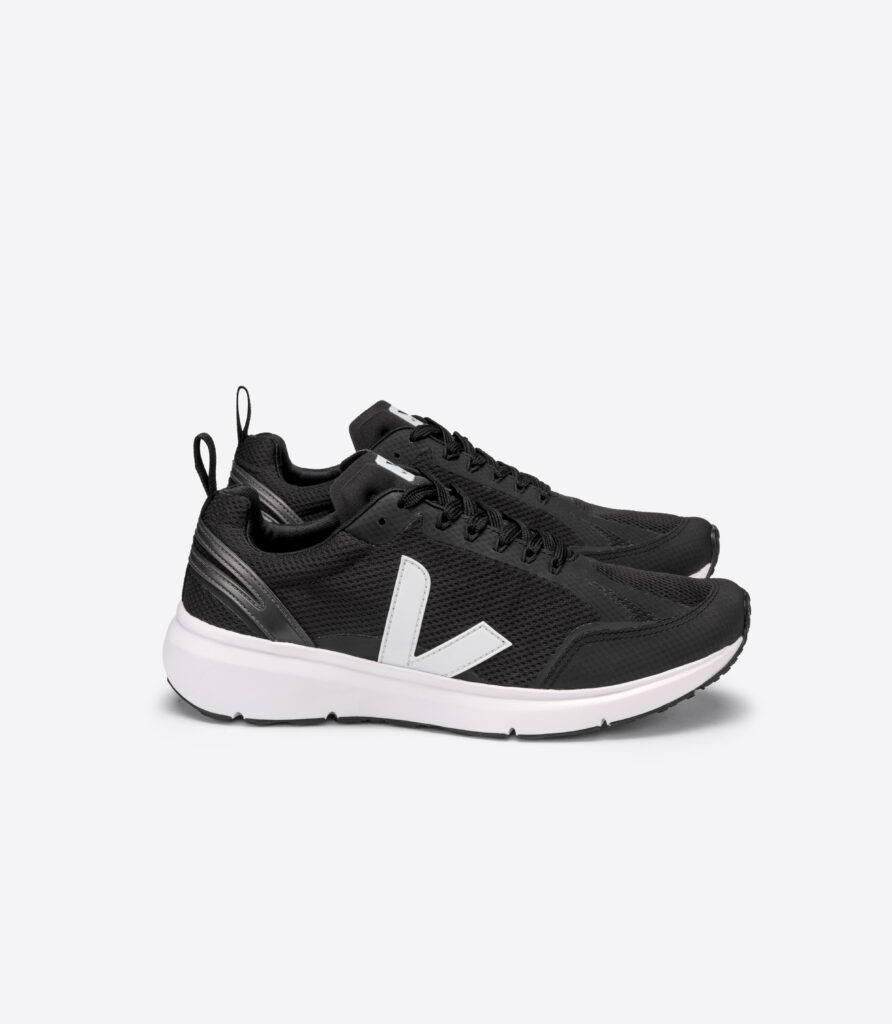
Reverse logistic
A very promising initiative is reverse logistics, in which the consumer actively participates in the preservation of the environment.. It's simple: just return the used packaging to a collection point. Brands like Nature&Co, for example, already apply this system in its stores and with a greater incentive: every five packages returned, the customer gets a new product from any of the group's brands: Avon, Nature, The Body Shop e Aesop. It is worth mentioning that the brand already uses recyclable plastic – part taken from the Brazilian coast – and biodegradable in its production chain..
